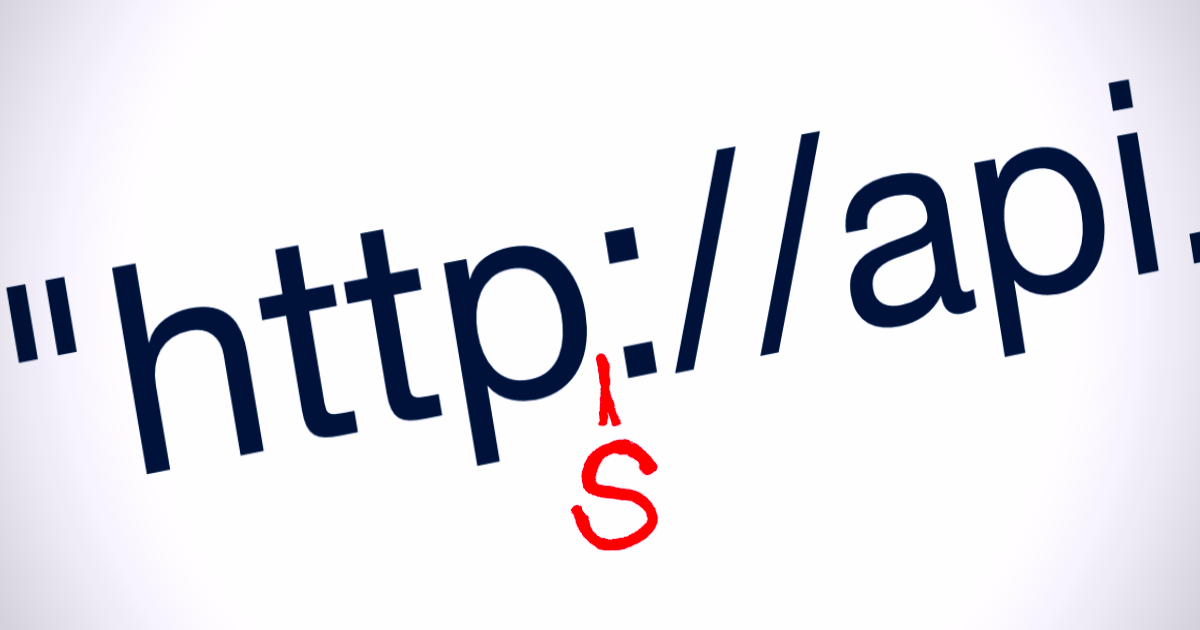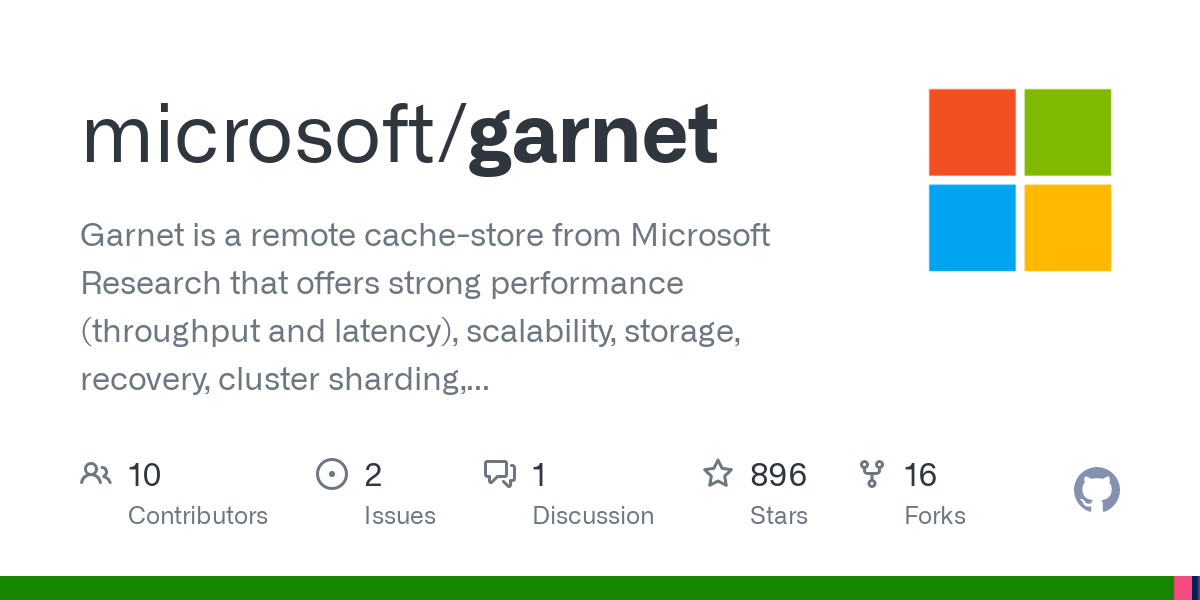Mastodon: @[email protected]
- 67 Posts
- 54 Comments

 44·7 months ago
44·7 months agoHere is the link to the original website (an NGO that monitors blocked websites in Turkey): https://ifade.org.tr/engelliweb/distrowatch-erisime-engelledi/
And here is the Google translation of the text on that page:
The IP address of the DistroWatch platform, which provides news, reviews, rankings and general information about Linux distributions, was blocked by the National Cyber Incident Response Center (USOM) on the grounds of “IP hosting/spreading malware”.

 3·8 months ago
3·8 months agoI think you are highlighting an important point that are missed by other commenters emphasizing the developer. I prefer GPL over MIT license. But this is a possible fallback if Redis decides to change its licensing (like several others did).
I think these kind of products have strategic significance for MS for their Azure offering. They are probably preparing to offer this there (in addition to and as an alternative to Redis). So, it makes sense for Microsoft to release this with an OSS license (otherwise no one will adopt it).
I mainly develop in C#, and I agree that having to write so much boiler plate for type safety is really boring. C# is not perfect either (it doesn’t have discriminated unions, etc.) but at least it gives type safety out of the box.
However, in general, I think enums are widely misused. I see a lot of cases where they should have been classes with a factory, but ended up being enums with a lot of static functions and switch statements.

 17·9 months ago
17·9 months agoWho is this particular developer
As far as I understand from the discussions about the topic, Maxim Dounin was one of the few core developers of nginx. Looks like Wikipedia has already been updated.

 1·9 months ago
1·9 months agodeleted by creator
I think single account ActivityPub implementations are addressing a weakness of the Fediverse: one’s identity (handle, username) is tied to an instance they have no control over. If that instance shuts down users lose everything. With a single account instance, you take that control back. And since it doesn’t need to scale the architecture can be much simpler and can be deployed to much cheaper infrastructure.
The demo was not straightforward, though. And I didn’t quite get how a user can follow Mastodon users, for example.

 1·9 months ago
1·9 months agoPossibly. My point is: despite having a common subset Pkl and JSON schema doesn’t seem to be solving the same problems. But, I’m just learning about it, so I may just be wrong.

 3·9 months ago
3·9 months agoI just learned about Pkl, so take this with a grain of salt. JSON Schema and Pkl seem to have some overlap. But JSON schema is not specifically designed for handling configuration and Pkl supports other formats like YAML.

 51·9 months ago
51·9 months agoThis looks really interesting. Getting type safety and editor support to configuration may change quite a bit of how things are done. I don’t know if it will gain traction, but if it does, it may really help bringing some long awaited structure to all those YAML files. There appears to be examples specifically for Kubernetes (https://github.com/apple/pkl-k8s-examples).

 6·9 months ago
6·9 months agoI wasn’t aware of that. I guess it was thought to be a mod driven community. Anyway… Cool question. I hope we will see some creative solutions here.

 6·9 months ago
6·9 months agoPlease also consider posting to [email protected]

 2·10 months ago
2·10 months agodeleted by creator

 69·10 months ago
69·10 months ago

 3·10 months ago
3·10 months agoAre you interested in working on a text editor? If so, I have an idea I plan on implementing myself for fun: a clone of HeyNote with some added functionality. HeyNote is a simple buffer that consists of blocks. It’s useful when you just want to note a simple block of text (an SQL query, log output, test data) but you are not interested in structuring it. What HeyNote lacks is the ability to add title and tags to blocks. It’s not an alternative to other note taking applications. It is just a buffer with unrelated blocks in it.

 3·1 year ago
3·1 year agoPlease consider posting language specific questions to language specific communities in the future. For example, [email protected]

 4·1 year ago
4·1 year agoI have had Pluralsight for many years now and I agree with you. In some cases they have excellent courses, but I sometimes find the content outdated. I plan to explore O’Reily’s platform next year. They seem to have a different set of resources and are comparable in price.

 3·1 year ago
3·1 year agoThanks for sharing. This looks really low level. The advantage of PlantUml and Mermaid is that they are supported by many systems. So, integration is a non-issue.














Don’t they already have the names Leap and Tumbleweed? Changing the name to Leap would make sense since it’s the name of the “official LTS” version. At this point it sounds like “openSUSE” is the name of the project and not the distro. But I haven’t been following them closely, so perhaps I’m wrong.